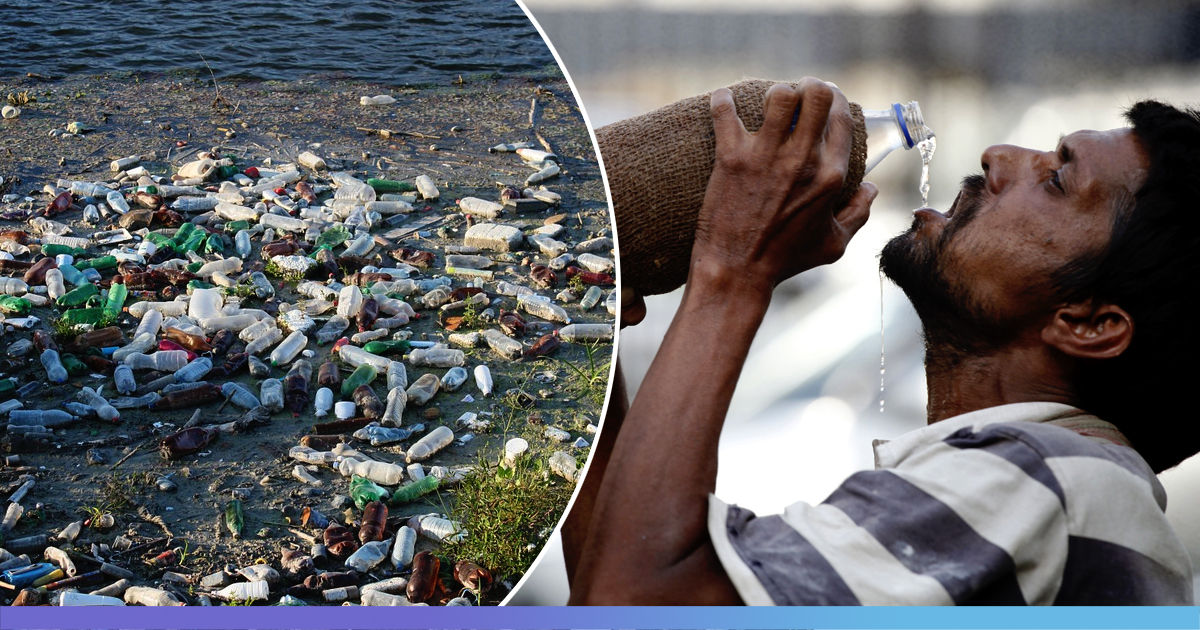Plastics are ubiquitous. Once invented for the convenience of humankind, is now slowly choking the environment and marine ecosystem. To worsen, a recent study has found out that plastics have seeped into our daily meals.
According to a study commissioned by the environmental charity WWF International and conducted by Australia’s University of Newcastle, we might be ingesting 5 gram of microscopic plastic particles every week, which is equivalent to the weight of a credit card.
The study published on June 12, discloses that an average person might be consuming 2000 tiny pieces of plastic every week, which is 21 grams a month, and 250 grams a year.
Researchers found out that the largest source of plastic ingestion is through water, both bottled and tap, all over the world. The study deduced that the US or India, which produced more plastic were at a higher risk. For instance, in the United States, 94.4% of tap water samples contained plastic fibres, with an average of 9.6 fibres per litre in comparison to plastic fibres in 72.2% of water samples in Europe and 3.8 fibres per litre.
The second largest source for contributing plastics into a human body system is shellfish, as they are eaten whole, despite plastics being present in their digestive systems. Beer and salt also help in adding plastics into our system.
The University found out the result by compiling data from over 50 studies on the ingestion of microplastics by people. The findings in the study is a harsh reality of how plastic pollution is widespread in the environment.
Marco Lambertini, WWF International Director General, stressing on the study said, “These findings must serve as a wake-up call to governments. Not only are plastics polluting our oceans and waterways and killing marine life – it’s in all of us, and we can’t escape consuming plastics. Global action is urgent and essential to tackling this crisis.”
Lambertini also suggested that the only way the growing menace of plastic pollution can be solved is by preventing leaks of plastics into nature. He said that urgent action should be taken at a government, business, and consumer level. According to Grand View Research, in the last two decades, earth has generated more plastics than it has ever produced in history. The plastic industry is in no mood to slow down, as it is anticipated to grow by four per cent a year till 2025. Researchers fear that if the trend continues, then by 2025 ocean will contain one metric tonne of plastic for every three metric tonnes of fish.
Also Read: 7-Yr-Old Sperm Whale Found Dead With Stomach Full Of Plastics In Italy











